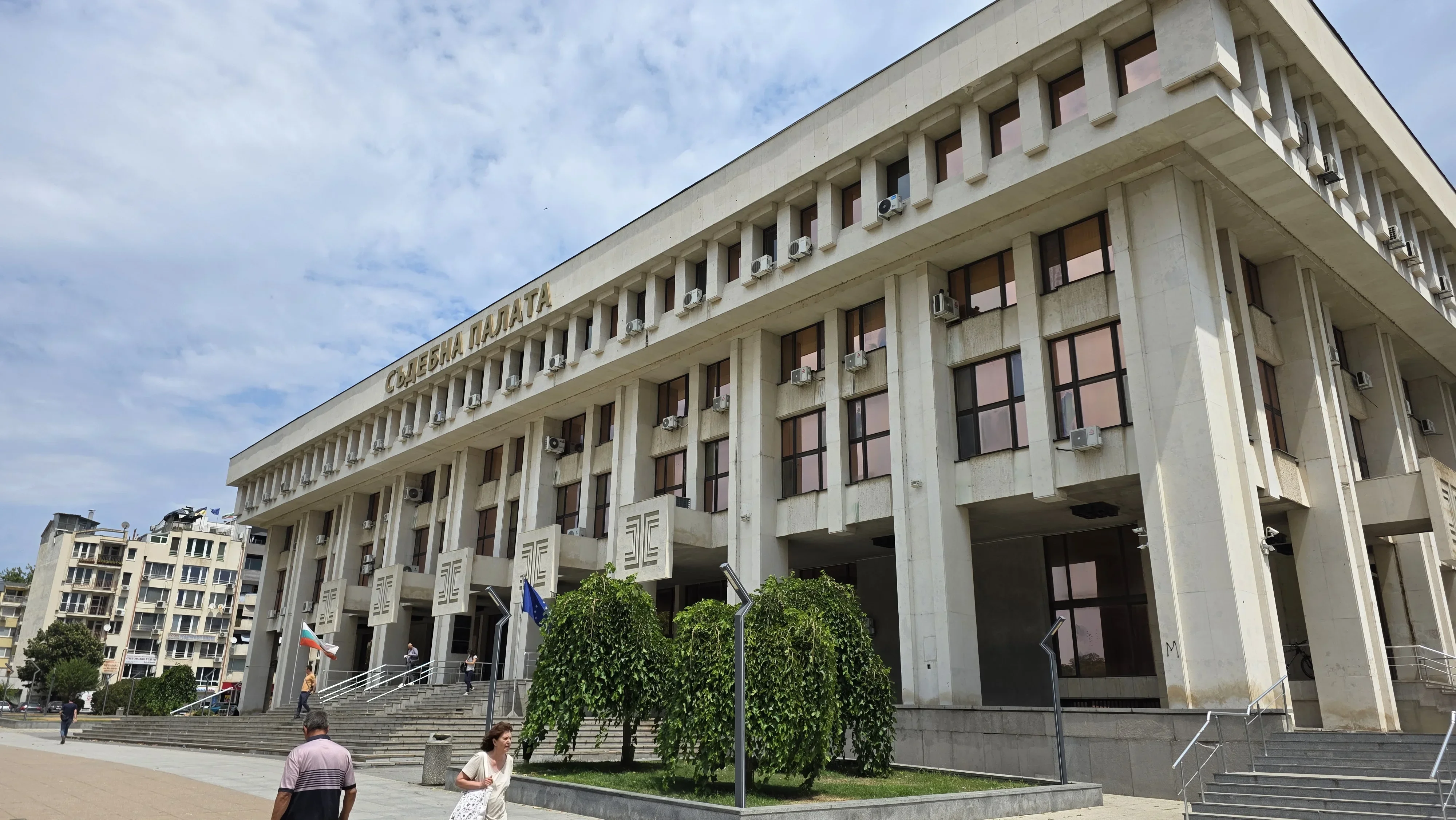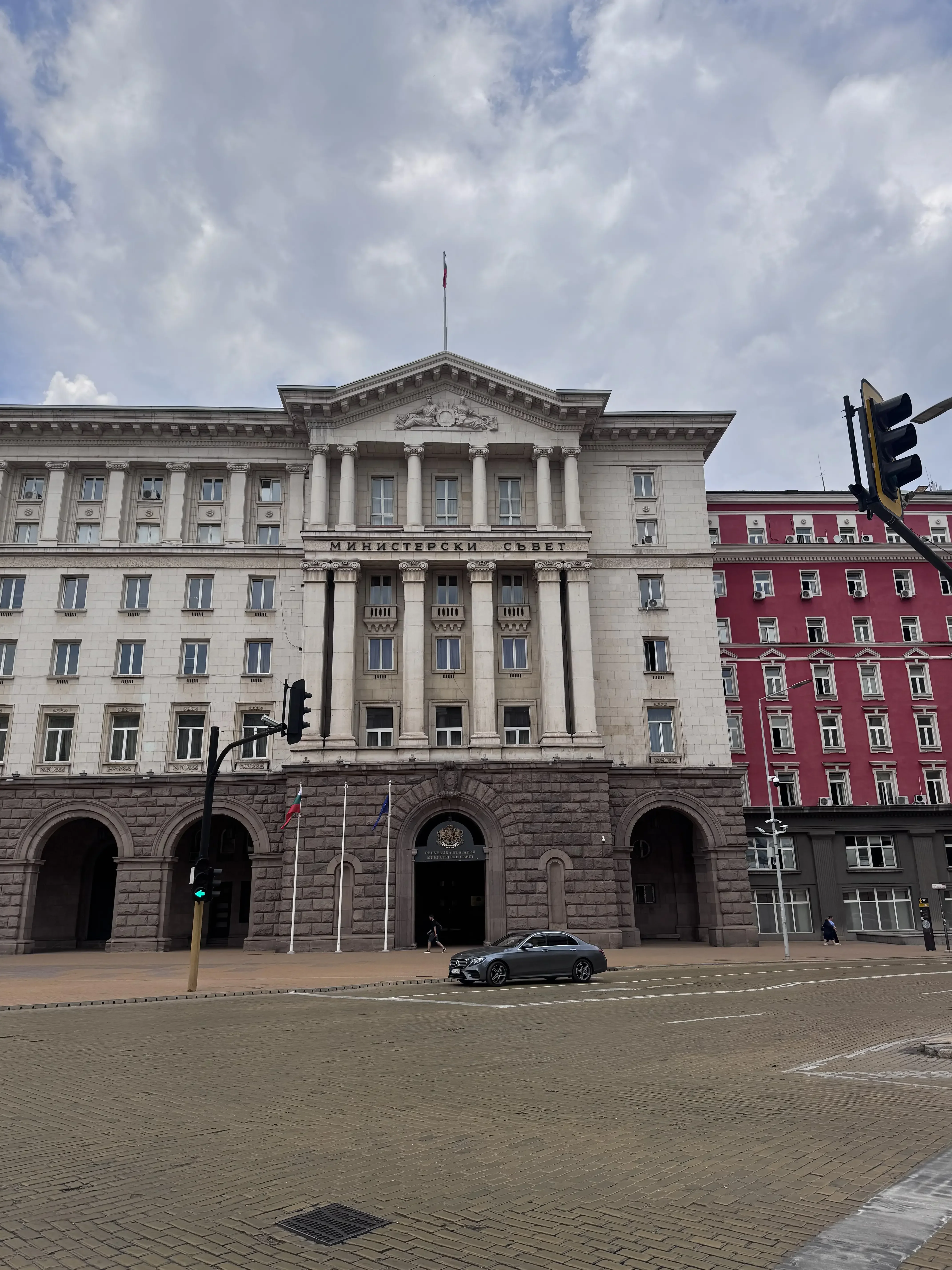The US Supreme Court granted the Trump administration's emergency request for access by the Department of Government Efficiency (DOGE) to sensitive social security data. This decision came despite the dissent of three Democratic-appointed justices, who criticized the majority for interfering in such cases.
The federal government had asked the justices to stay a district court order that blocked DOGE's access to this information. Justice Elena Kagan simply noted that she would have denied the administration's request, while Justice Ketanji Brown Jackson wrote a dissenting opinion, joined by Justice Sonia Sotomayor. Jackson criticized the majority for once again intervening, instead of allowing the lower court to resolve the issue.
The decision came alongside another favorable one for DOGE in a Freedom of Information Act case, from which the three Democratic-appointed justices also dissented.
In this social security-related case, District Judge Ellen Hollander had blocked access pending further judicial proceedings. She ruled that the administration could not justify providing DOGE members access to Americans' personal information, regardless of the goal of rooting out fraud and increasing efficiency.
The 4th Circuit Court of Appeals refused to stay Hollander's order, prompting the government to file an emergency appeal to the Supreme Court. The government has frequently filed such emergency appeals during the second term of President Donald Trump, as judges have found legal issues with various aspects of his agenda.
Trump's Attorney General, John Sauer, wrote that the emergency request "presents a familiar refrain: a district court has issued a broad prohibitory injunction without authority, in a manner that inflicts ongoing, irreparable harm on urgent federal priorities and impedes core Executive Branch functions." As for this particular case, Sauer stated that the government "cannot root out waste and fraud if district courts enjoin the very agencies with expertise and a mission to curb such waste and fraud from doing their work."
Opposing the emergency relief were the plaintiffs who brought the lawsuit and secured the preliminary injunction - labor unions and a retiree advocacy group. They argued that the administration was making a "sudden and striking departure from generations of precedent spanning more than a dozen presidential administrations" by seeking to "throw open its information systems to unauthorized (and often inadequately vetted) personnel who have no demonstrated need for the personal identifiable information they seek."
You may also like
 Council of Ministers Allocates Funds for the Judiciary for 2026
Council of Ministers Allocates Funds for the Judiciary for 2026 Constitutional Court Rejects Referendum Request on Euro Adoption
Constitutional Court Rejects Referendum Request on Euro Adoption Constitutional Court to Consider Case on Early Termination of the Chief Prosecutor's Term
Constitutional Court to Consider Case on Early Termination of the Chief Prosecutor's Term Bulgaria Joins Trump's Peace Council: A Political Decision with Long-Term Consequences
Bulgaria Joins Trump's Peace Council: A Political Decision with Long-Term Consequences
They stated that the administration was seeking relief from the Supreme Court "simply because a lower court has interfered with something the Executive Branch wants to do." But they argued that "this has never been the standard for emergency relief, and the Court should not adopt it now."




Коментари (0)
Все още няма коментари.